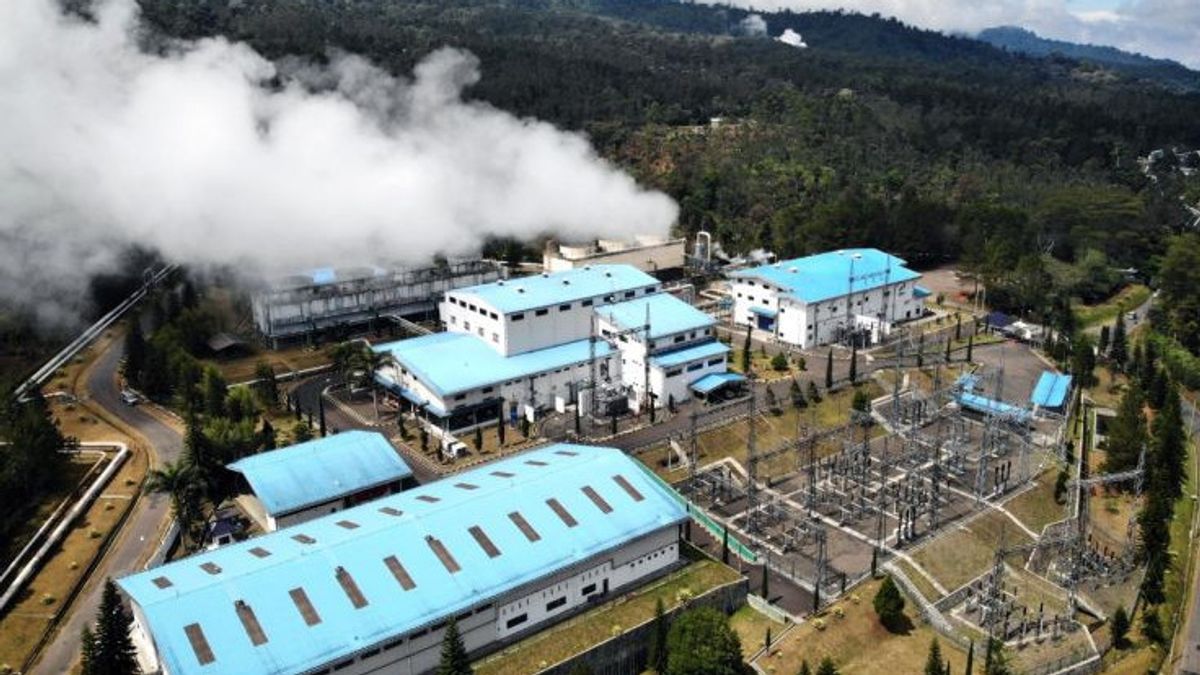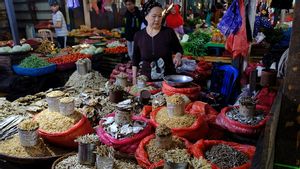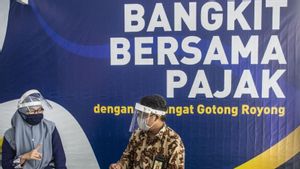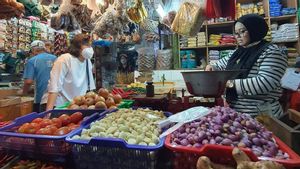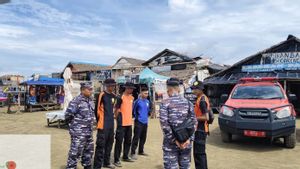It is certain that the Geothermal Power Plant (PLTP) has not become the main choice in developing the capacity of the Renewable Bari Energy Plant (EBT) until 2030 following various challenges from the geothermal industry.
Indef researcher Mirah Midadan said there were a number of challenges in the development of PLTP compared to other EBT plants, such as having a high level of risk in the exploration process and very large investment costs.
"The cost of construction is not cheap. And things like this are attached to the construction of the PLTP project," he said in a public discussion entitled QUo Vadis Panas Bumi Indonesia which was held recently
Based on the geothermal and EBT optimization scenarios referring to the 2015-2050 National Energy General Plan (RUEN), Mirah said, it is projected that the total power generation capacity in 2030 from the largest EBT sector will come from PLTA and PLTS, 25 GW and 14 GW, respectively.
"For PLTP itself, it only contributes around 9.3 GW," he said.
As for fossil power plants, 63 percent of the total energy mix in 2030 with 46.4 GW from coal, 38.4 GW from petroleum and 35 GW from natural gas. Meanwhile, the target for installed capacity for all types of power plants by 2030 reaches 190.3 GW.
另请阅读:
Still in the same scenario, said Mirah, the average total investment in geothermal power plants and other EBTs is US$11.19 billion or equivalent to Rp173.4 trillion (assuming an exchange rate of Rp15,500 per US dollar) per year based on existing conditions today.
"In terms of accumulation costs, the development of geothermal plants is also still more expensive than other EBTs, such as biomass, solar, and water power," he explained.
Mirah also highlighted the challenges of the geothermal industry on the social side, such as friction between business actors and the community at the PLTP development site.
"For this reason, we also recommend the need for communication and approach to local communities with a special strategy," he explained.
The English, Chinese, Japanese, Arabic, and French versions are automatically generated by the AI. So there may still be inaccuracies in translating, please always see Indonesian as our main language. (system supported by DigitalSiber.id)
